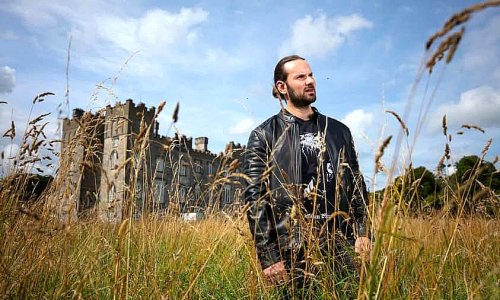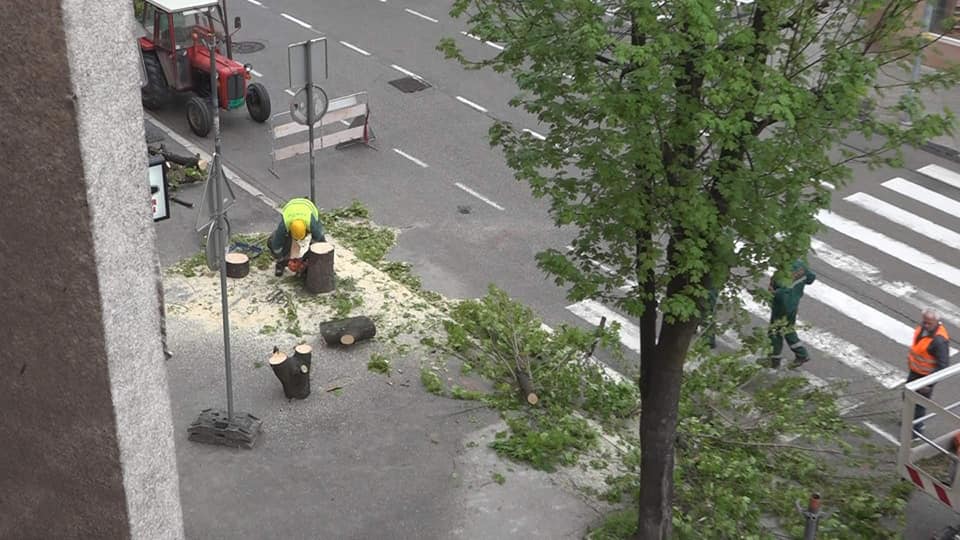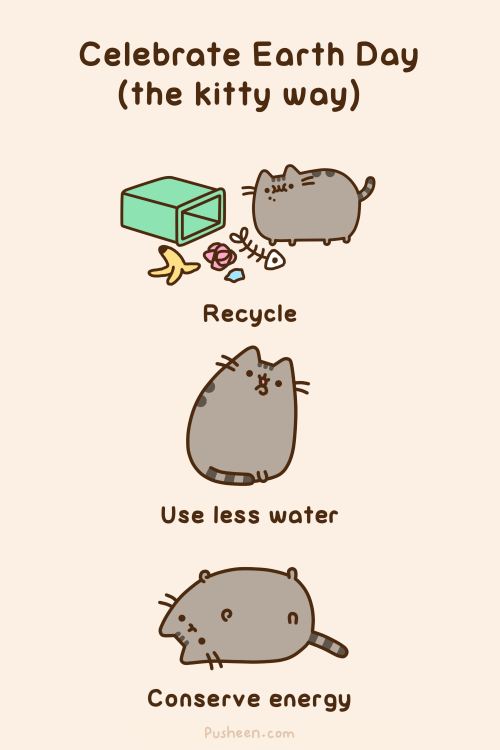People called him a fool. A disgrace to his heritage. Even a “waster.” But Randal Plunkett—death metal fan, vegan, and the 21st Baron of Dunsany—didn’t care.
Seven years ago, the Irish nobleman made a radical decision: to let 300 hectares of his 650-hectare estate return to nature. No more livestock. No mowing, planting, or weeding. Just wild, unmanaged land.
And while critics scoffed, nature roared back to life.
Where there were once only three types of grass, there are now 23. Birds carried seeds, trees regenerated on their own—oak, ash, beech, black poplar. Insects swarmed in, followed by barn owls, sparrowhawks, even rare corncrakes.
“I didn’t plant them,” says Plunkett. “The birds did.”
He’s seen stoats, heard reports of red squirrels, and drawn botanists from Trinity College to study the revival. Dunsany is now Ireland’s first private rewilding site to join the European Rewilding Network.
But it hasn’t been easy. Poachers. Hunters. Online threats. People outraged that a castle-owning baron would “let it all go to weeds.”
“We’re great at preserving culture in Ireland,” Plunkett says. “But terrible at protecting nature.”
Once a bodybuilding, steak-eating aristocrat, he’s now a fierce defender of the wild—running off hunters, braving backlash, and standing firm.
And he’s not doing it for money. The estate survives through tillage farming and film production. The wild makes no profit. It simply lives.
As the climate crisis accelerates and species vanish, Plunkett’s stand is more than rebellion. It’s a reminder: sometimes the bravest thing you can do is nothing at all.
Let the land breathe. Let it remember what it once was. And maybe, let it teach us who we could be again.
Sustainable Human
European Rewilding Network

Jedna dobra priča, da ne zamre ova lepa tema. 



